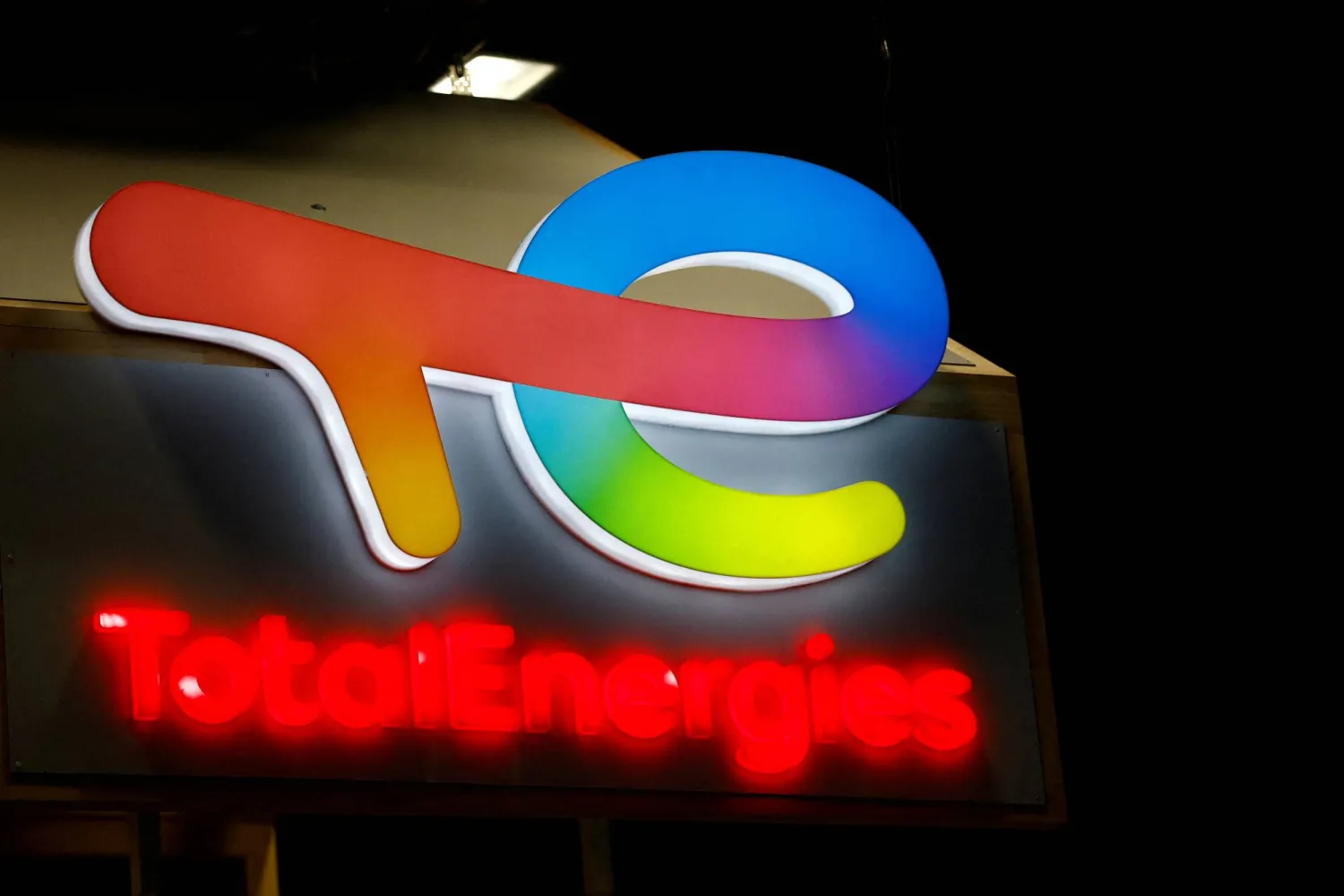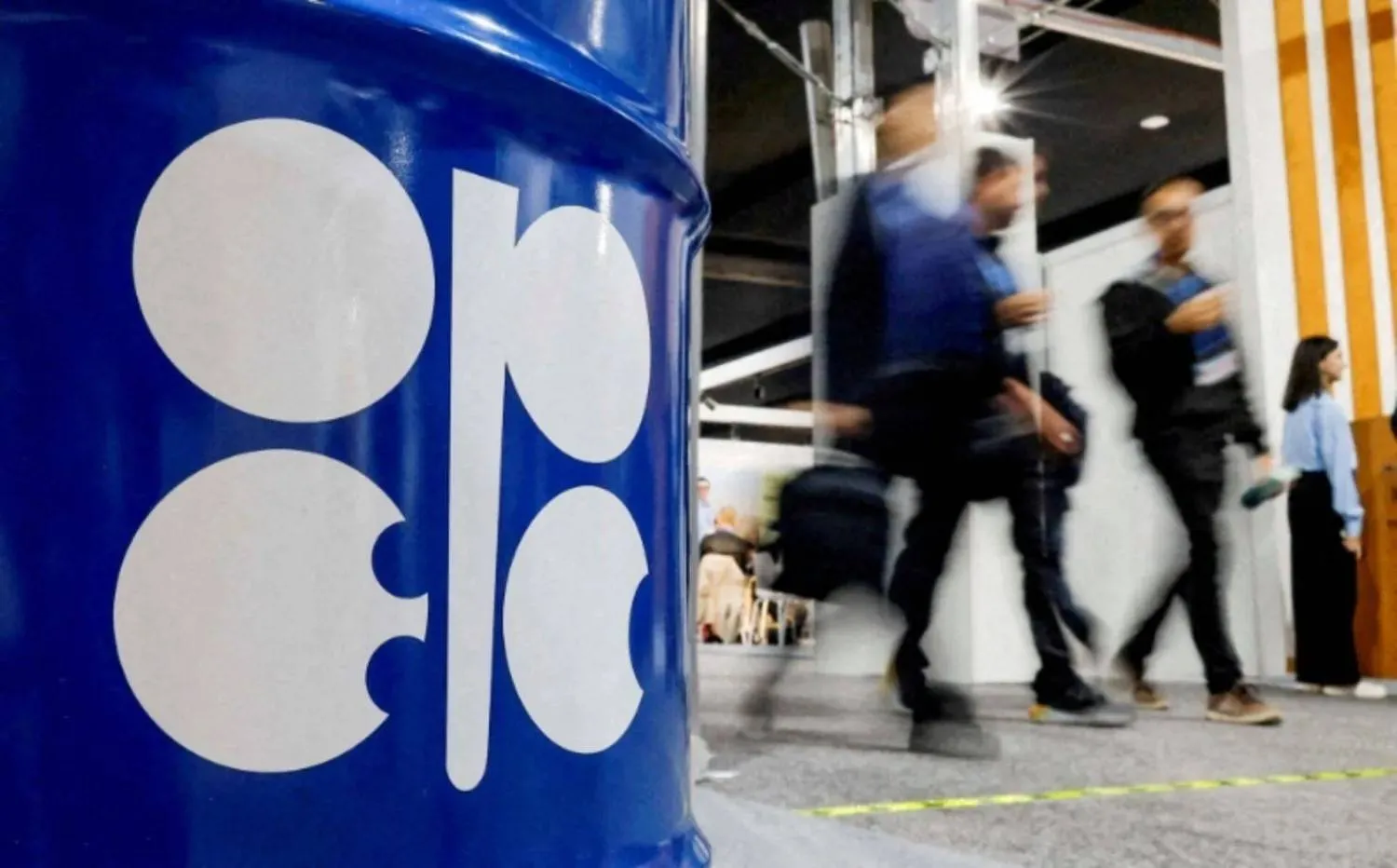Saudi Energy Minister Prince Abdulaziz bin Salman said his country intended to pump more oil and reach a target of 13.5 million barrels per day by 2027, stressing at the same time that it would continue to work according to the circular carbon economy.
In an interview with Time magazine, the minister stressed that his country was seeking to achieve net zero emissions, saying: “We want to reduce our emissions by a good number. We can become more efficient, by installing insulation for buildings, by having more efficient standards for industry, and so on. And we can take the CO2 that was committed to the atmosphere and use it in a valuable application…”
He continued: “We like the transition. If I can sell you the oil or gas that we have, and the carbon emissions will be handled, why should you confine yourself to a choice or two? You should keep your choices open, so that you mitigate the concerning issue, which is carbon emissions.”
Prince Abdulaziz said he believed that oil consumption would increase, and the demand for it would continue to grow.
But he noted: “Anyone who tells you that they have a good grasp of where and when and how much is certainly living in a fantasy land. We are human, and we could prove to be wrong, but that is exactly what we believe.”
“That is why we have now come to the decision to go to 13 [million barrels a day]. That decision was actually made in March 2020, when we had negative prices… A week before that negative price, on behalf of the government in this ministry, we sent a letter to Aramco saying, ‘Go for 13’…We are targeting our production capacity to become 13.4, 13.5 million barrels a day by 2027,” he went on to say.
Asked whether the world would keep using more fossil fuels, the minister replied: “We see the numbers. They are not our numbers. They are the United Nations’ numbers. Three billion people lack any meaningful energy source, any clean energy, just for cooking. These people use biomass, everything, to burn, including cutting trees. Just to get through the day, they expose themselves to all sorts of hazards, including sickness and even death.”
“For $500 million you would be able to give energy to 750 million people, in order to cook using clean energy, using propane energy, giving them a stove,” added Prince Abdulaziz.
He continued: “How can you go to these countries and start talking about climate change, emissions reductions, sustainability and diversification, when their basic needs are not there? We have not yet talked about education, housing, health care and transportation.”
He pointed out that it was not possible to control how other countries reduce energy consumption.
“We are not in control of how others will be mitigating their consumption. The question is, who is going to use that oil, and for what purpose? What can the person using that gasoline or diesel use it for, and with what kind of technology? This goes beyond the jurisdiction of a product,” he remarked.
The minister added: “With the evolution of technologies like carbon sequestration, it would allow us to achieve net zero before 2060. However, if the alternative happens, which is the closure of markets to oil, and if there is no progress in technologies, then our emissions would increase, and then net zero would take us even longer than 2060.”









